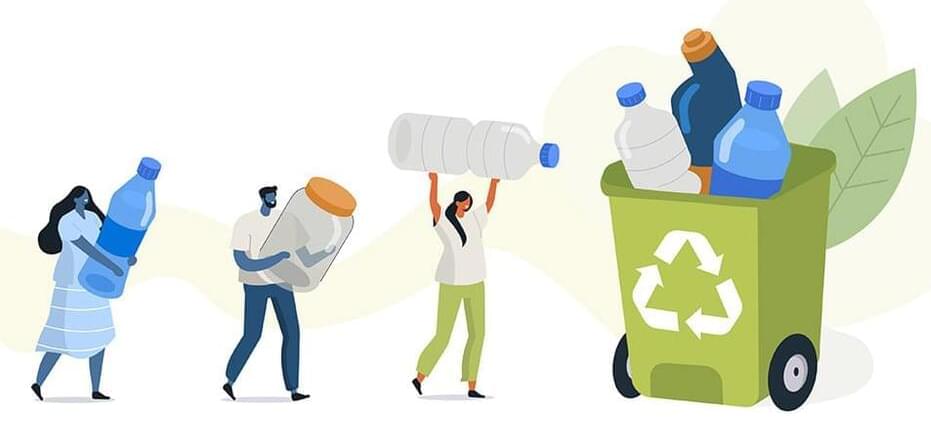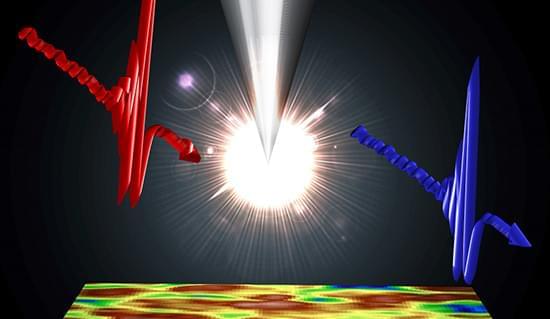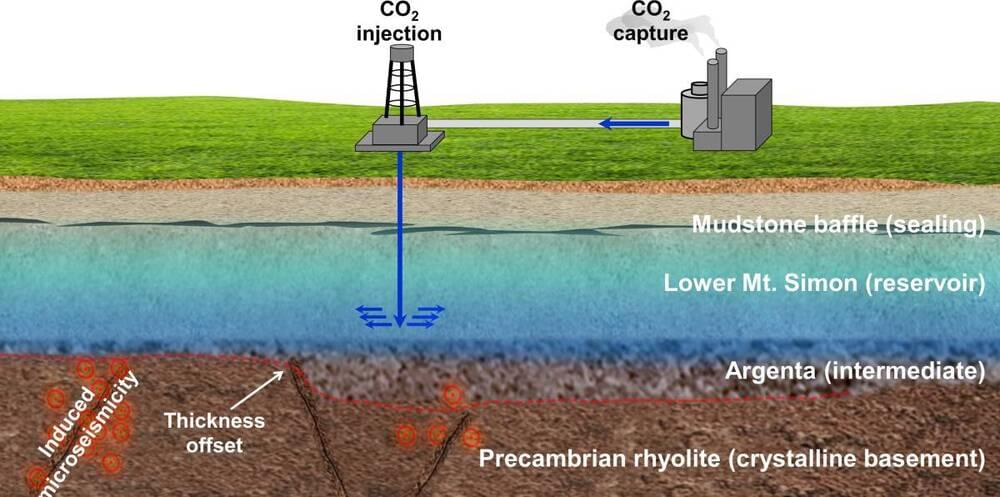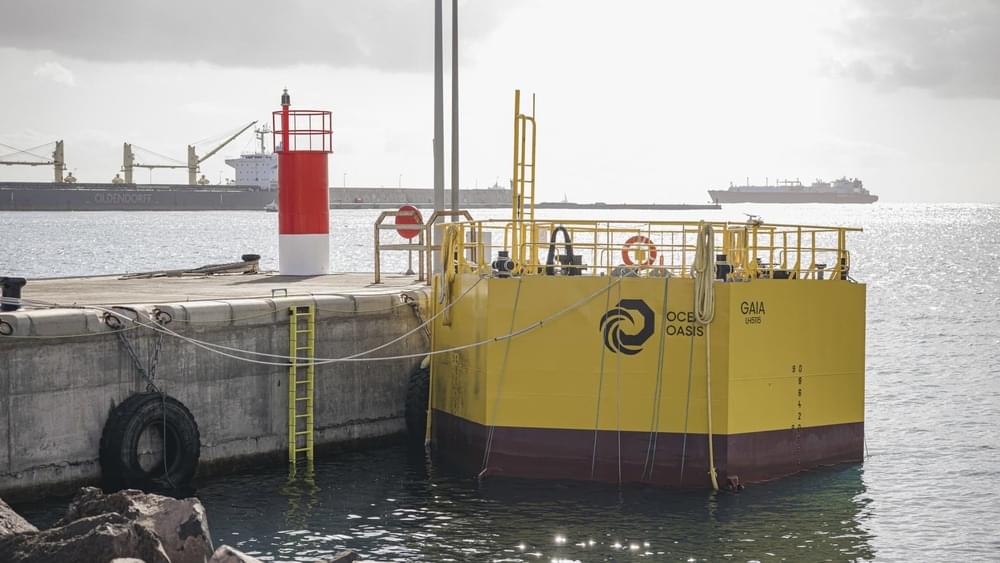Nov 27, 2022
Tesla sets up semiconductor joint venture with Swiss auto chip company
Posted by Genevieve Klien in categories: computing, sustainability, transportation
Tesla has plans to ramp its electric vehicle production by a notable degree in the coming years, and with the company’s constant innovations, it would need to secure a lot of resources, from battery raw materials to computer chips.
In this light, reports have emerged suggesting that Tesla has established a semiconductor joint venture in Jinan of eastern China’s Shandong Province. The joint venture is intended to supply automotive chip and electronics solutions. Tesla partnered with Swiss automotive semiconductor company Annex for the joint venture, which boasts a registered capital of $150 million.
As per a report from Chinese tech publication ijiwei, Tesla holds a 5% equity in the company for now, while Annex holds a 55% stake, and the Jinan Zurich Annex Equity Investment Fund Partnership holds a 40% stake. It should be noted that the Jinan Zurich fund acquired Annex this past June in a $5 billion deal.
















